Aging brings with it unique rewards and challenges, making access to reliable support systems more important than ever. Virginia, a state celebrated for both its Southern charm and progressive approach to aging, understands this deeply. With a growing population of adults over age 50, the Commonwealth offers a diverse spectrum of free and subsidized programs designed to help seniors remain healthy, independent, and financially secure. This in-depth article explores these resources, their impact across Virginia’s cities and counties, and hard facts you need to know to make the most of aging in the Old Dominion.
The Aging Landscape in Virginia
Virginia’s population is steadily getting older. As of 2025, over 2 million residents are aged 60 and above. The state projects that by 2030, seniors will make up over 21% of Virginia’s population. Regions like Fairfax County, Virginia Beach, Norfolk, and Richmond have established themselves as hubs of retirement living, thanks to robust infrastructure and community-focused services.
This demographic shift isn’t uniform. Rural counties such as Shenandoah, Giles, and Bristol have among the highest proportions of seniors, while urban centers like Alexandria and Arlington lead in life expectancy and health outcomes. With more Virginians embracing active aging, the state’s network of senior services is both broad and highly customized.
Key Statistics: Seniors in Virginia by the Numbers
-
2 million: Virginians over age 60—one of the fastest growing demographics in the state.
-
158,000+: Fairfax County alone has the highest number of adults over 65.
-
$38.5 billion: Estimated annual contribution by older adults in Virginia through paid and unpaid work.
-
7.6%: Percentage of seniors participating in food assistance programs.
-
Top senior population counties: Bristol (21.5% of residents over 65), Shenandoah, Giles, and others.
Cities with higher senior populations, such as Woodstock, West Point, Abingdon, Pearisburg, and Warsaw, also report high engagement with government programs and community resources.
Understanding Eligibility: Who Qualifies at Age 50+?
Virginia ensures that many senior benefits begin at age 50, including access to local community centers, specific employment programs, and some early intervention health services. Most state and federal programs, particularly those involving healthcare and financial support, set eligibility at age 60 or 65. Key factors influencing eligibility include:
-
Age (starting as early as 50 for community programs)
-
State residency
-
Income/asset limits for financial assistance
-
Disability status or chronic health condition
-
Participation in other federal assistance programs
Proactive planning—starting at age 50—ensures you’re positioned to benefit as needs evolve.
Major State-Level Programs for Seniors
Virginia’s commitment extends through a well-coordinated system of free and subsidized programs. Here’s what you need to know:
Health Care and Long-Term Support
-
Commonwealth Coordinated Care Plus (CCC+):
-
Primary Medicaid program for seniors, covering over 2 million adults statewide.
-
Offers skilled nursing, assisted living, home health services, prescription drugs, and more.
-
Includes the Medically Needy Spenddown program for those with incomes above standard thresholds, allowing medical spending to “spend down” eligibility.
-
-
PACE (Program of All-Inclusive Care for the Elderly):
-
Available to adults 55+ with chronic health needs.
-
Integrates Medicare and Medicaid into a single, community-based care model to prevent nursing home admissions.
-
-
Virginia Adult Services Program:
-
Provides in-home care services, companion care, transportation, housekeeping, and nutritional support.
-
Helps avoid premature placement in nursing facilities by supporting independence at home.
-
Nutrition and Food Security
-
Senior Nutrition Programs:
-
Home-delivered meals (“Meals on Wheels”) and congregate lunches at senior centers.
-
SNAP (Supplemental Nutrition Assistance Program) with simplified applications for older adults.
-
7.6% of Virginia seniors participate in some form of food assistance.
-
-
Emergency Food Assistance:
-
Crisis assistance through local agencies to prevent food insecurity during hardship or disasters.
-
Housing and Home Assistance
-
Low-Income Home Energy Assistance Program (LIHEAP):
-
Seasonal support for heating and cooling costs, benefiting thousands of senior households each year.
-
Fuel, Crisis, and Cooling assistance are available based on income and need.
-
-
Property Tax Relief and Rent Rebates:
-
Localities like Richmond, Fairfax, and Roanoke offer property tax exemptions or deferrals for qualifying seniors, helping them stay in their homes.
-
-
Home Repair & Accessibility Grants:
-
Projects that make homes safer and more accessible—ramps, grab bars, weatherization.
-
Employment and Income Assistance
-
Senior Community Service Employment Program (SCSEP):
-
Federally funded, administered in Virginia with part-time community service jobs for low-income adults over 55.
-
Helps transition participants to unsubsidized work, with hundreds placed annually.
-
-
AARP Foundation and National Nonprofit Partnerships:
-
Skills training, resume workshops, and employer advocacy for hiring older workers.
-
-
Supplemental Security Income (SSI):
-
Federal monthly payments for low-income seniors, administered locally through Social Security offices.
-
Legal Aid and Protection
-
Virginia Legal Aid:
-
Free legal counsel for housing disputes, consumer rights, elder abuse, and advanced care directives.
-
-
TRIAD Partnership:
-
Collaboration between law enforcement and senior organizations to protect elders from scams, fraud, and exploitation.
-
Spotlight: Area Agencies on Aging (AAA)
Virginia has 25 Area Agencies on Aging, covering every city and county. These agencies are the first stop for connecting seniors with:
-
Information and referral services
-
Transportation
-
Meals and nutrition programs
-
Health and wellness screenings
-
Financial guidance and legal resources
Examples include Senior Connections (serving Richmond), SeniorNavigator (a statewide info portal), and city-specific services like Fairfax County’s Neighborhood and Community Services.
Notable Cities and Counties: Where Seniors Thrive
Several Virginia communities stand out for their support of seniors:
-
Fairfax: Extensive health, wellness, and social programs; highest senior population.
-
Alexandria and Arlington: Highest life expectancy for seniors; local agencies provide rapid assistance with benefits and home support.
-
Woodstock (Shenandoah County): Active senior centers offering free meals, fitness, recreation, and routine medical checkups.
-
Abingdon: Community engagement through arts, theatre, and farmers markets; access to affordable healthcare.
-
West Point and Warsaw: Scenic, affordable towns with strong senses of community and regular intergenerational events.
Counties like Giles, Bristol, and Shenandoah, with high concentrations of older residents, demonstrate how rural agencies tailor solutions such as mobile health clinics and transportation assistance.
Navigating the Application Process: Tips for Success
Applying for Virginia’s free government programs can be straightforward if you plan ahead:
-
Gather Documentation: Proof of age, residency, income, and (if applicable) disability.
-
Apply Early: Most benefits can be triggered at age 60, but some programs allow pre-screening or waitlisting at 50 or 55.
-
Use Online Systems: CommonHelp Virginia makes it easy to apply for multiple programs in one process.
-
Work With Local Agencies: Most city and county departments offer personalized help by phone or in-person.
-
Annual Reviews: Benefit levels and program guidelines update annually; re-apply or update information regularly to maintain eligibility.
-
Get Professional Guidance: Medicaid planning professionals or Area Agency on Aging counselors can help maximize benefits if finances are complex.
Impact Stories: Real Benefits in Virginia Communities
Eleanor, 68, of Richmond credits the Meals on Wheels program with helping her remain healthy and independent after she stopped driving. “It’s not just the food—it’s the daily check-in from a friendly face that gives me peace of mind.”
James, 59, from Fairfax County accessed SCSEP after a layoff and transitioned to a new part-time job in library services, keeping his income stable and boosting his social engagement.
Sally and Tom, both in their 70s in Woodstock, received free home modifications and improved their mobility, allowing them to remain in their family home safely without burdening their children.
Local stories like these underscore the positive effects of coordinated, accessible government efforts for healthy aging.
Upcoming Challenges and Evolving Needs
Despite successes, Virginia faces ongoing challenges:
-
Rising demand: As baby boomers age, the system must expand.
-
Workforce shortages: In health care and home care, attracting trained staff is an ongoing issue.
-
Rural gaps: Smaller cities and remote counties sometimes struggle with transportation and access.
-
Technological barriers: Some older adults need help to benefit from digital application systems or telehealth.
The Commonwealth is responding by investing in outreach, expanding workforce programs, and fostering public-private partnerships.
Conclusion: Virginia’s Commitment to its Seniors
Virginia continues to set the standard in supporting seniors—especially those over age 50—through innovative, well-funded government programs. Whether you reside in bustling Fairfax, picturesque Woodstock, or tranquil West Point, there’s a resource ready to enhance your quality of life. By understanding available programs, planning early, and staying informed, seniors in Virginia can look forward to a secure, vibrant, and engaged retirement.

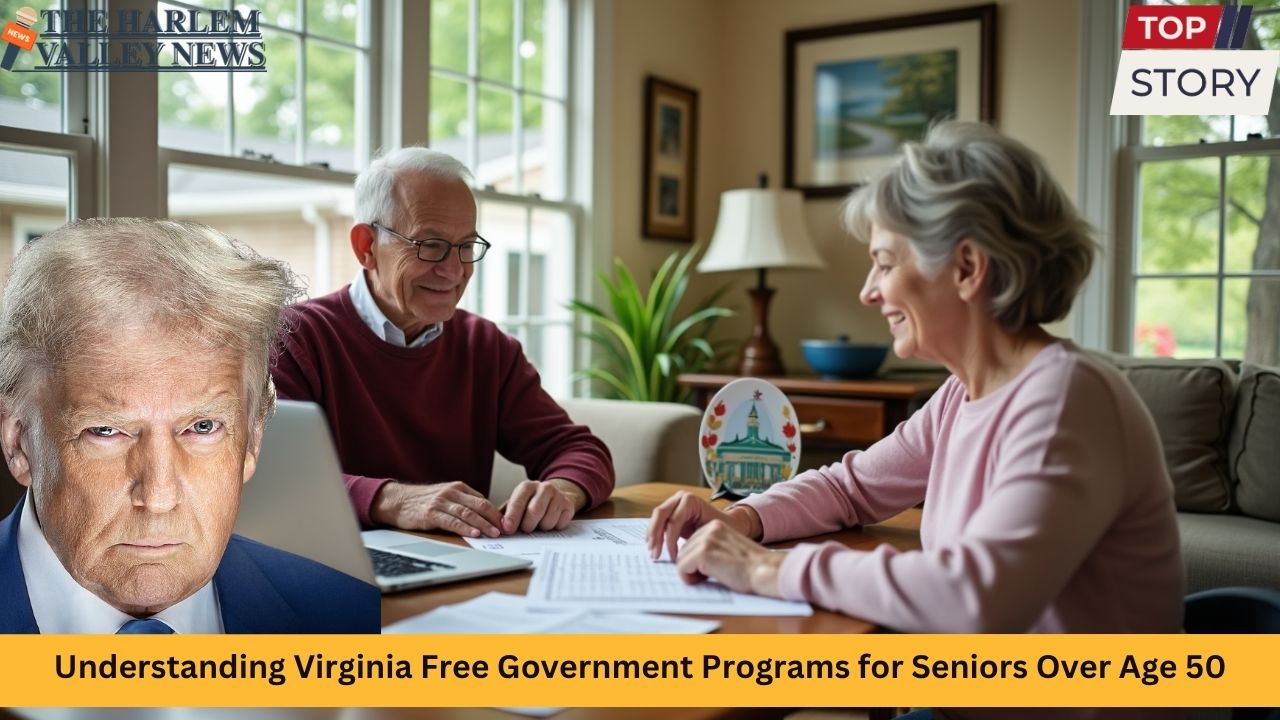
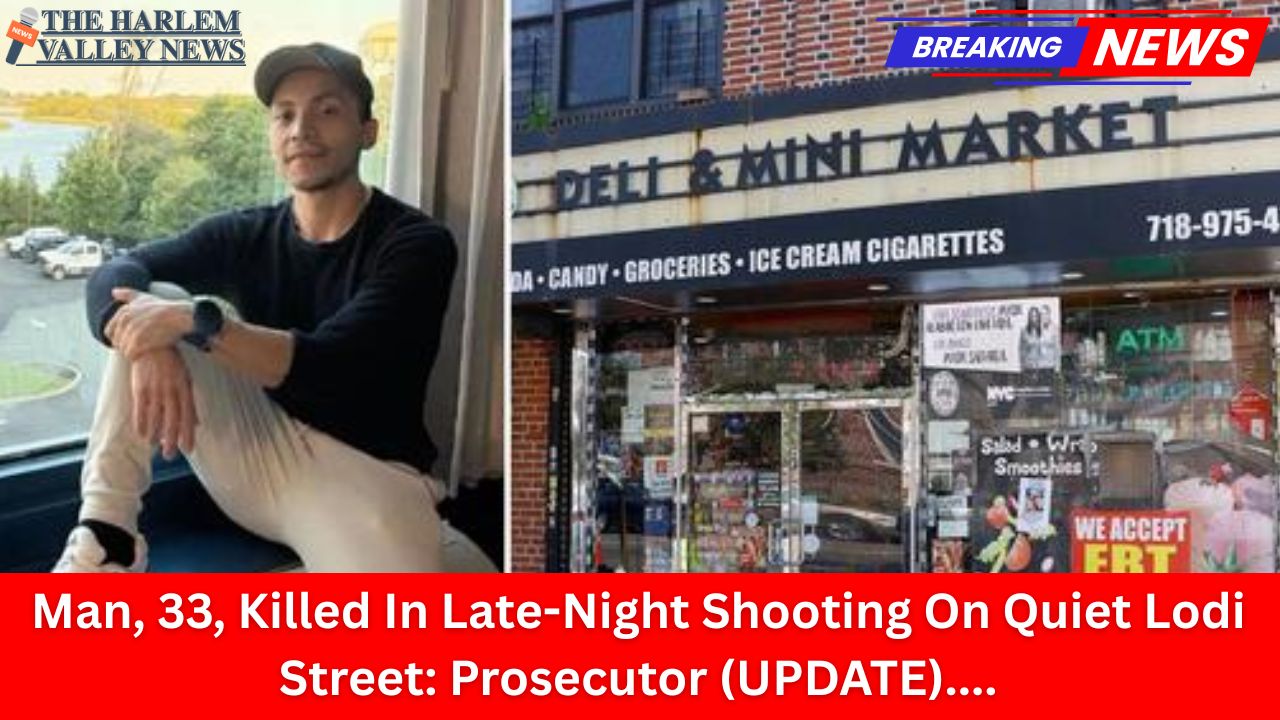

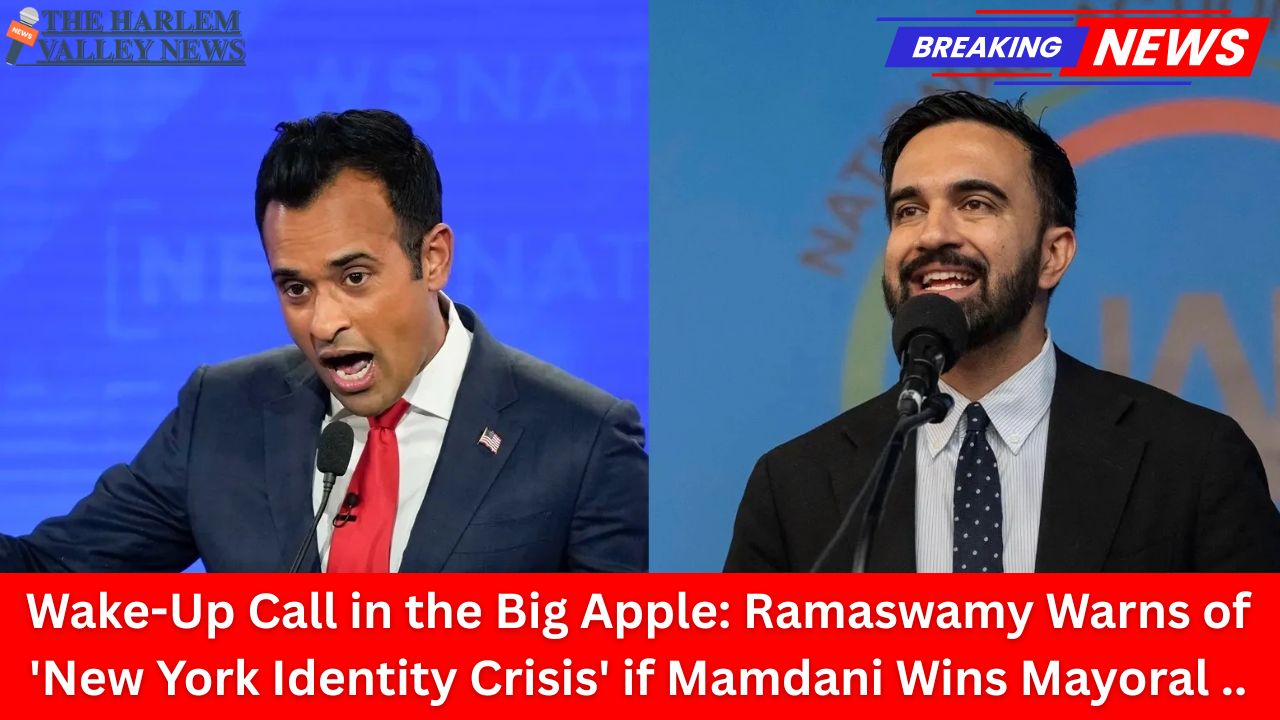
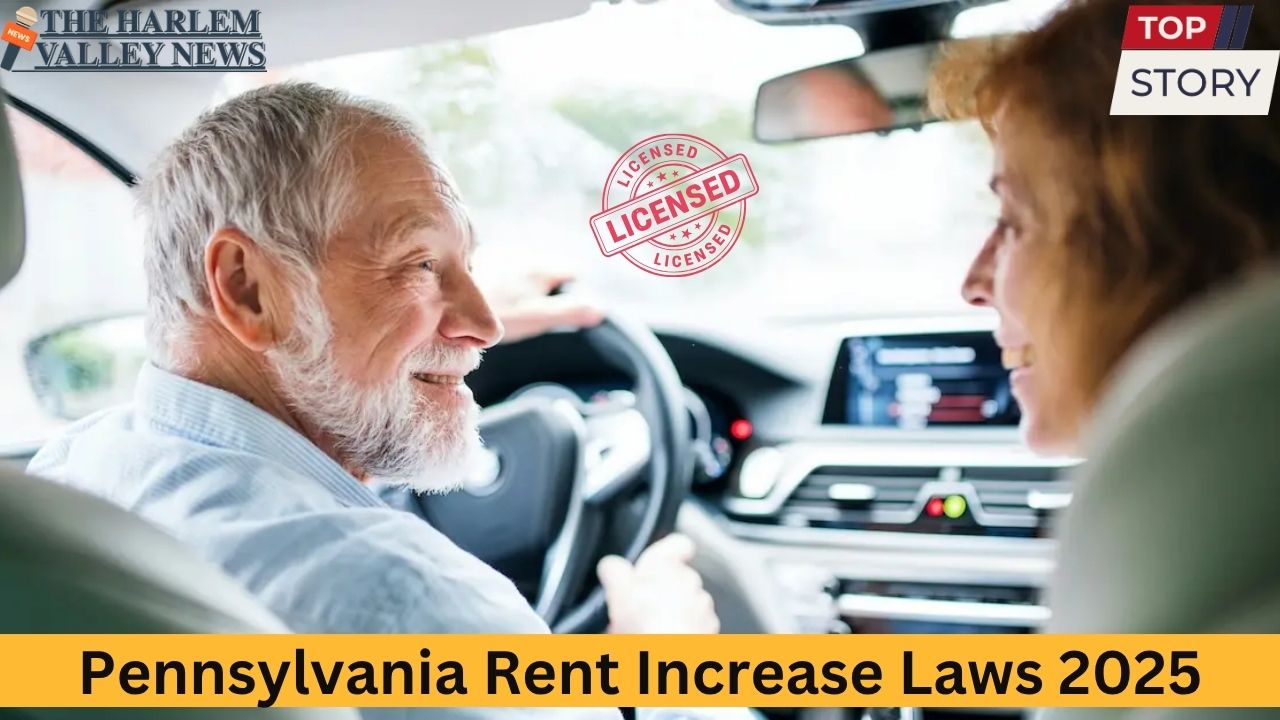
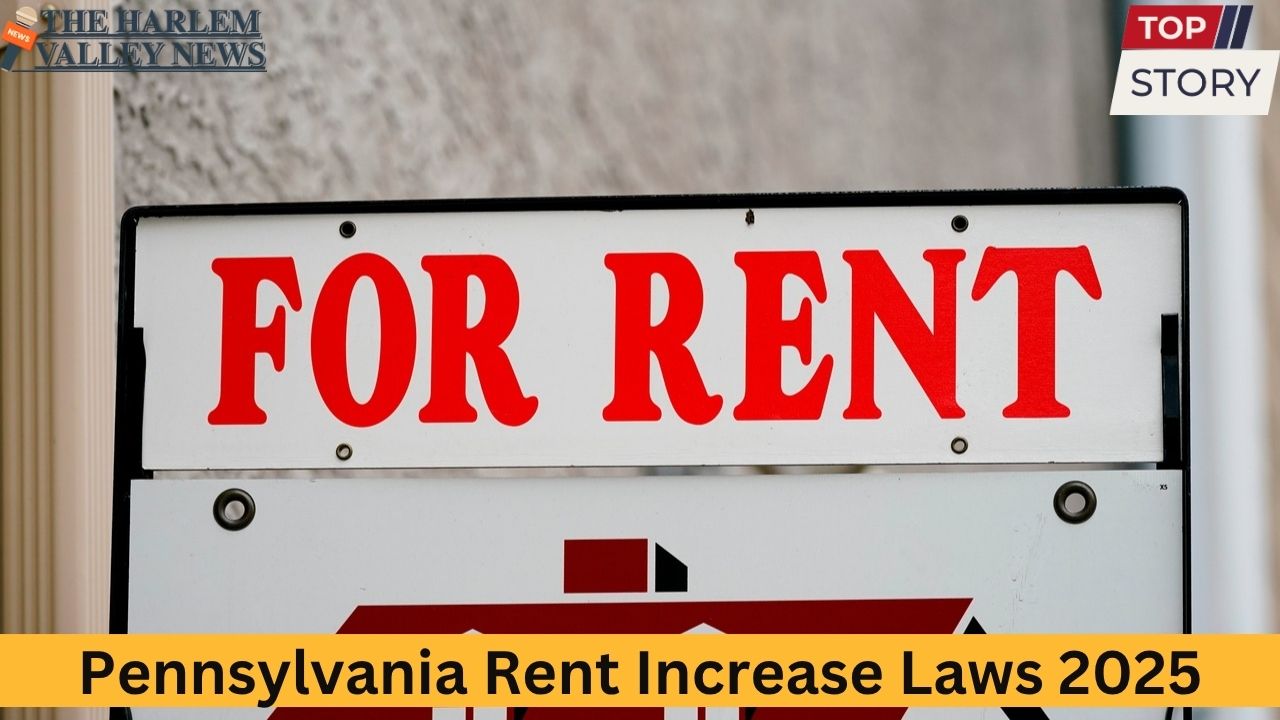
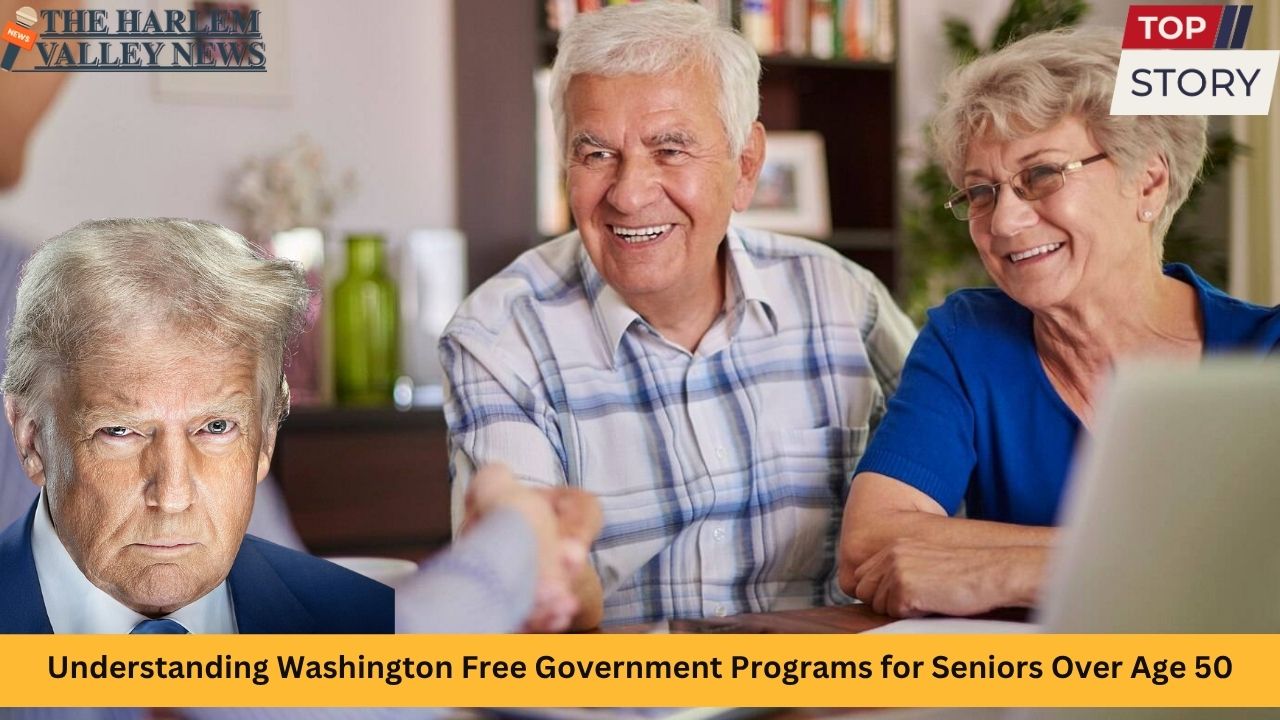
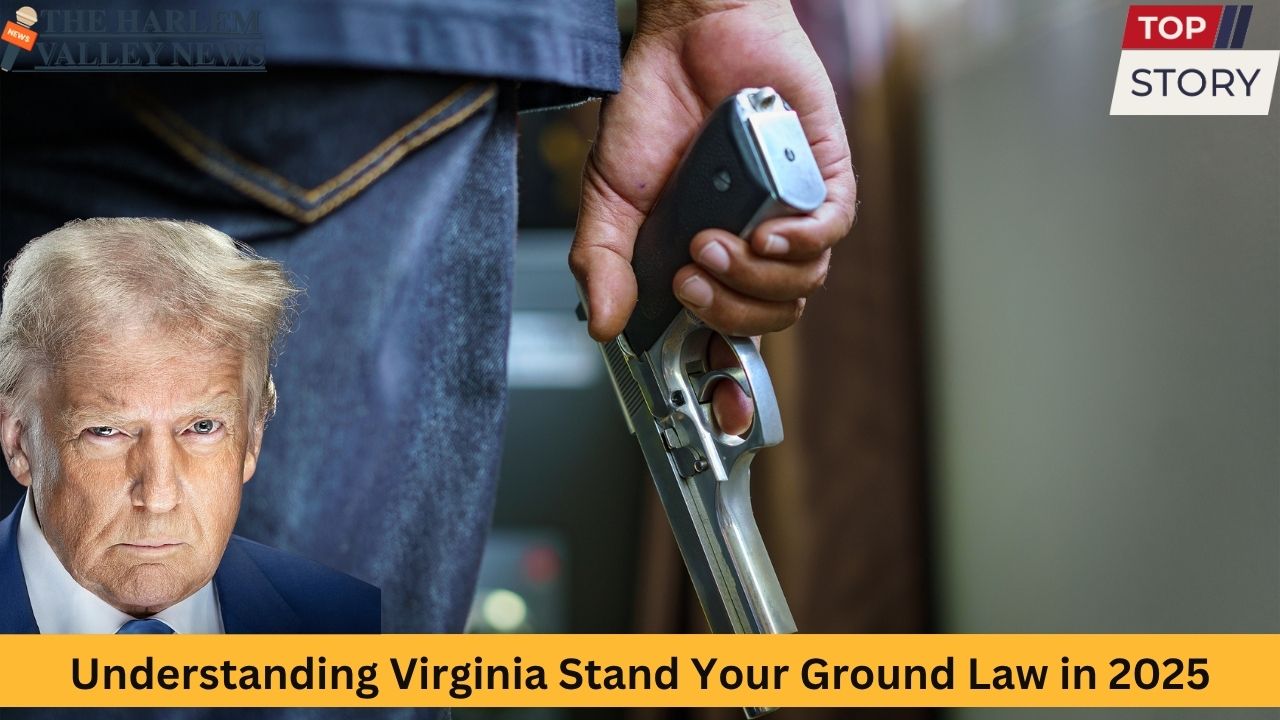
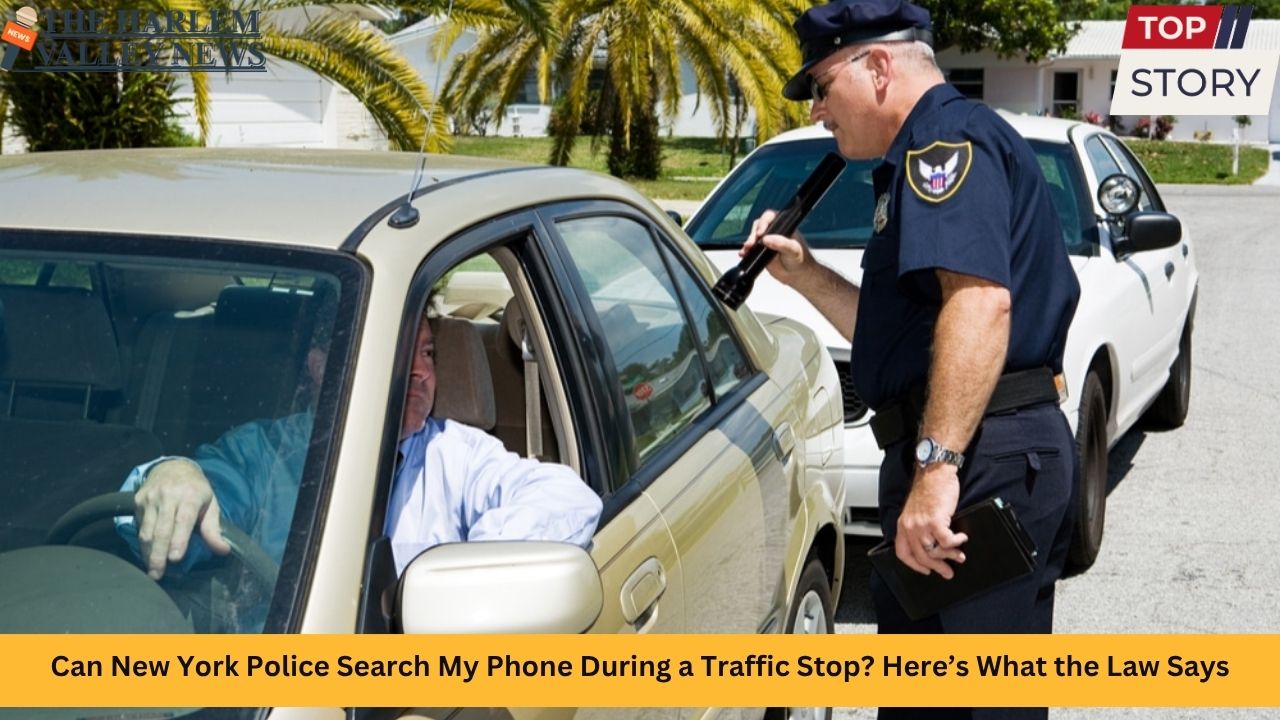
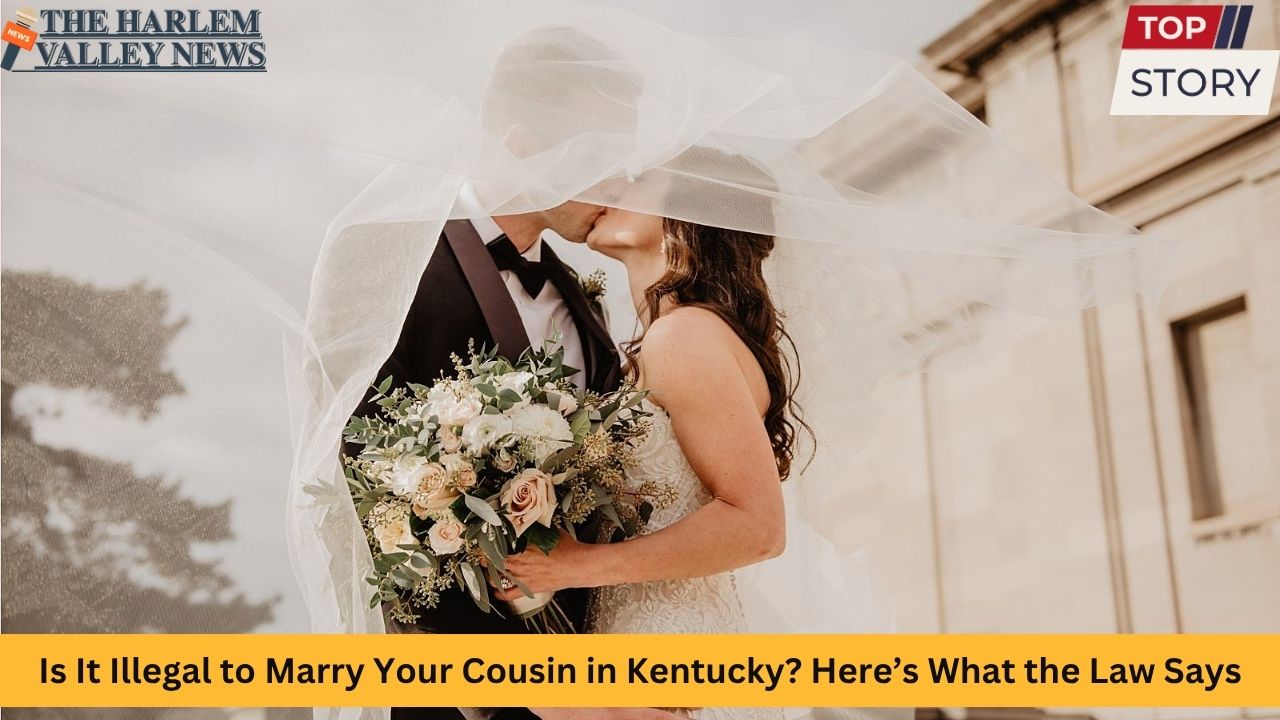
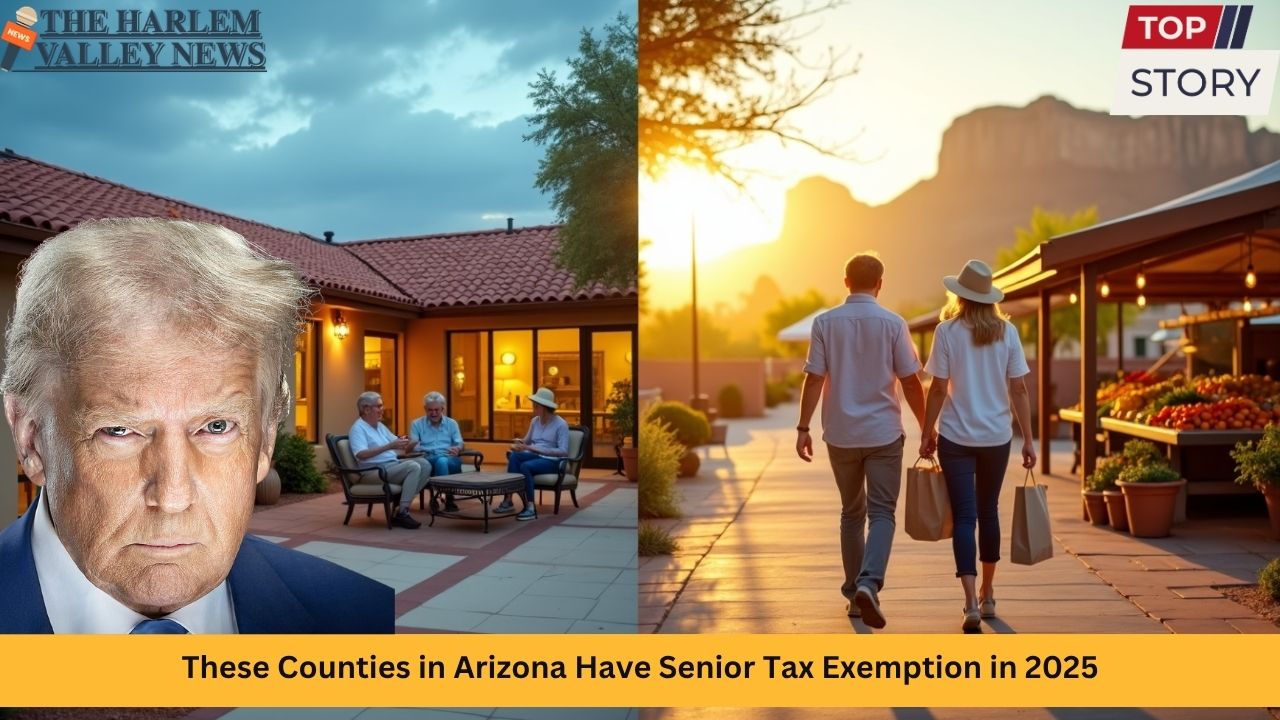
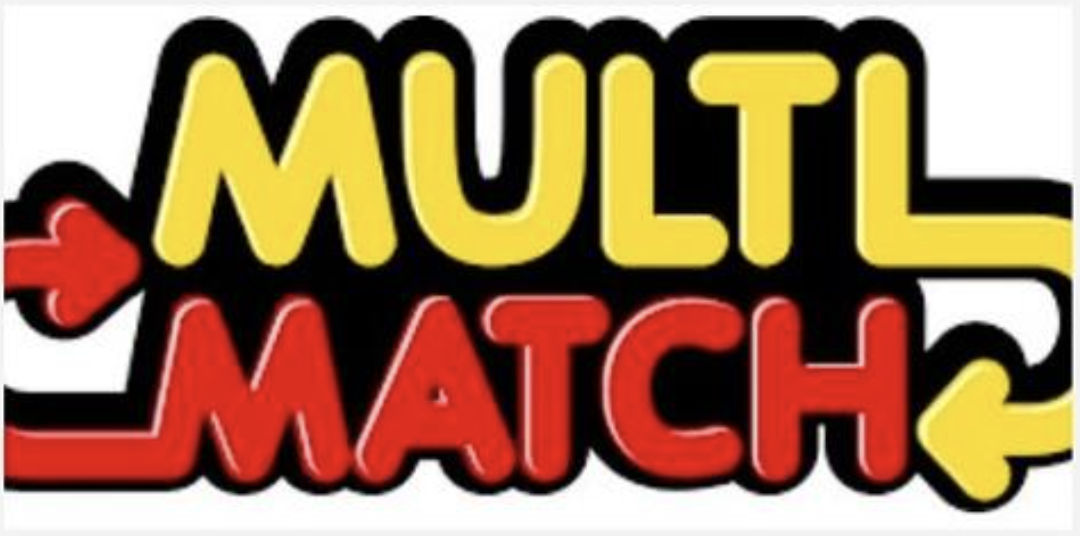
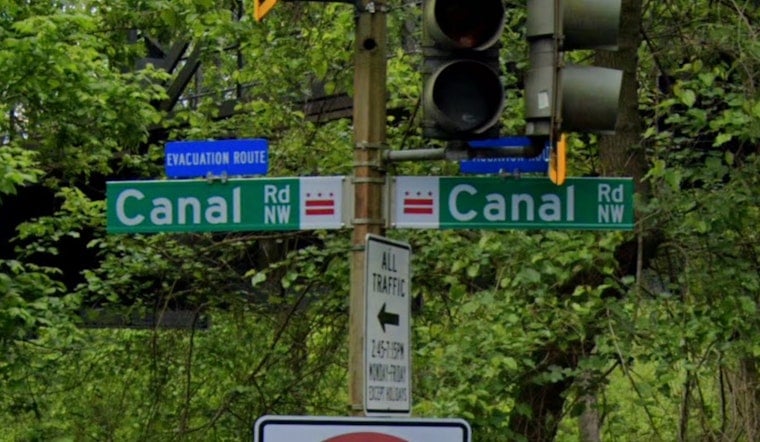
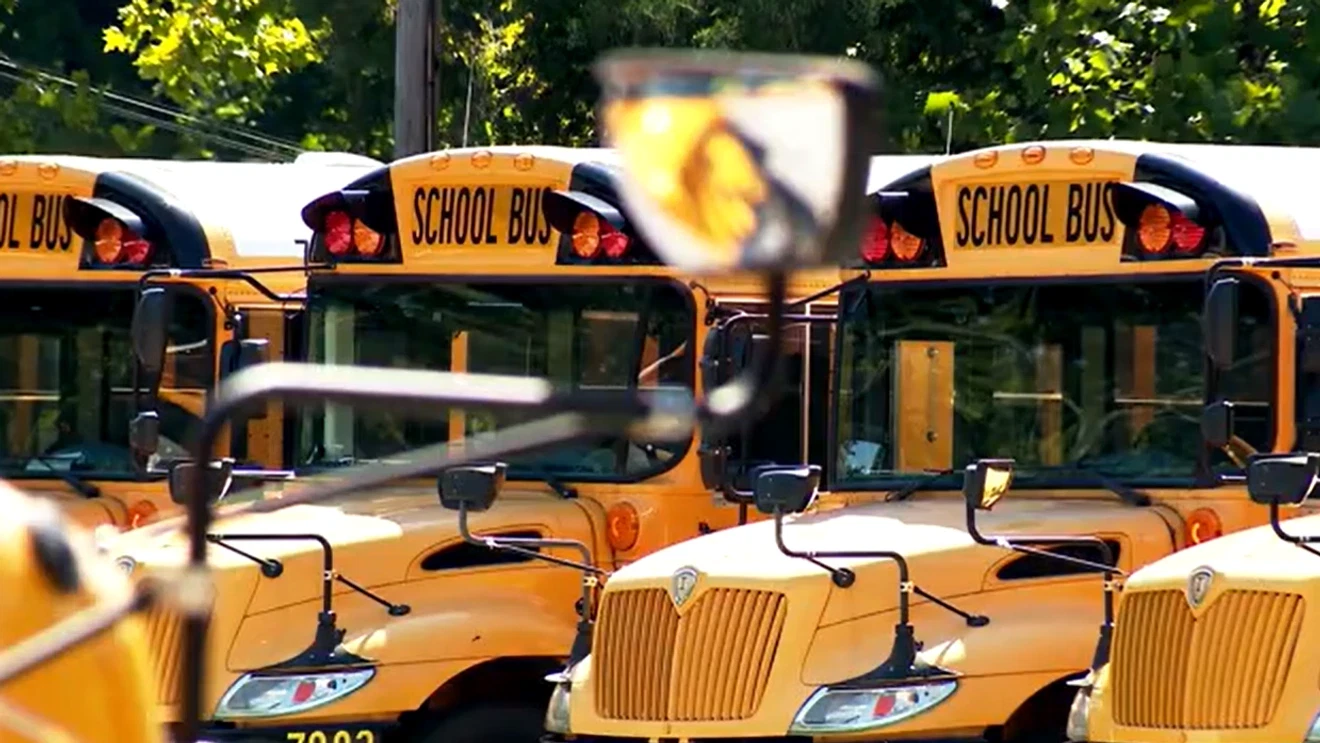
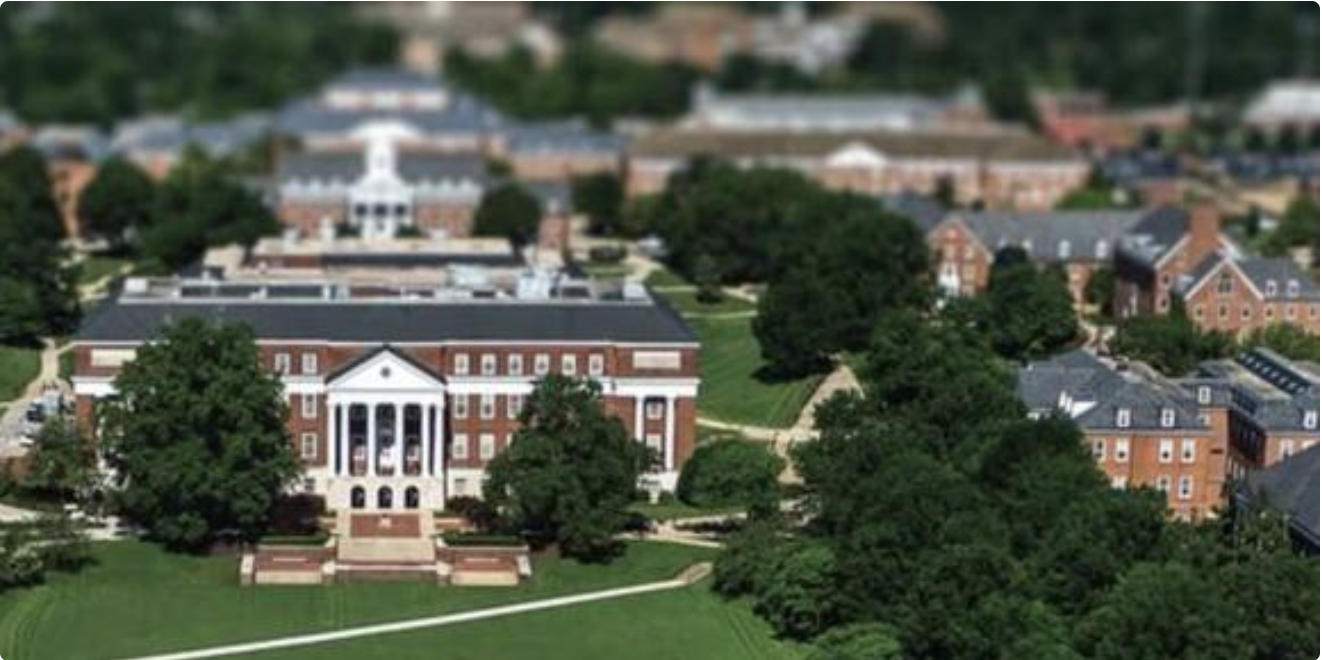
Leave a Reply